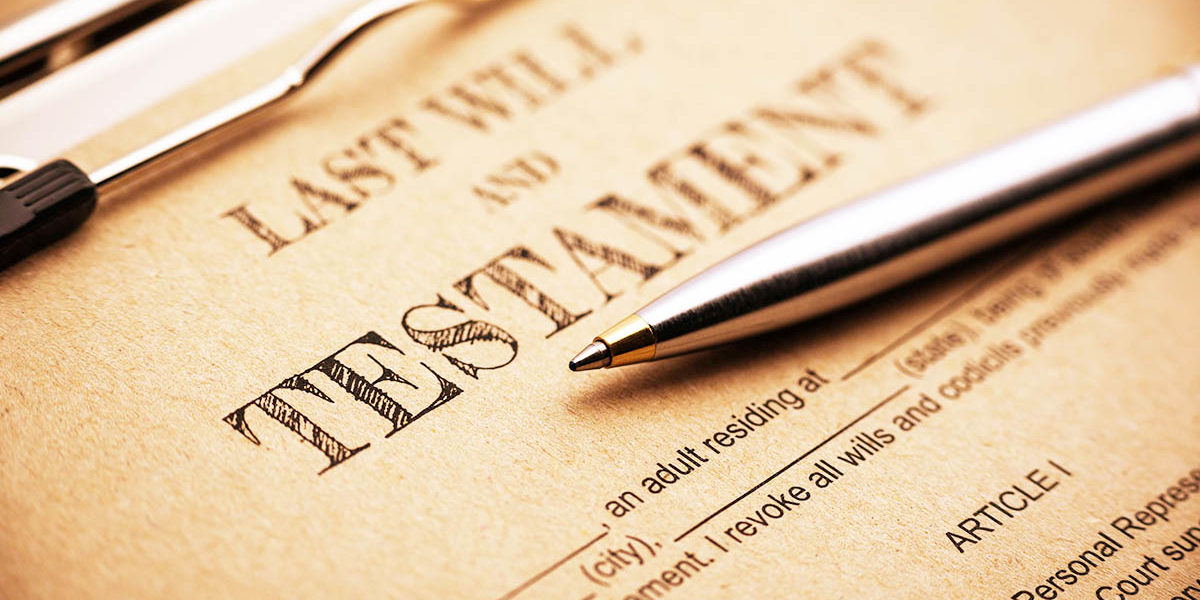
Why make a will?
At some point in your life, you should consider making a will, especially if you have children and assets to be left to others. A will distributes your property according to your wishes, appoints a guardian for your minor children, and can authorize the sale of real estate without the approval of the court. Without a will, your estate passes according to laws of intestacy, and the state determines how your estate is distributed.
Features of most valid wills.
(i) The maker is at least 18 years of age and of sound mind. (ii) The will is typed or completely handwritten. (iii) It is signed by the maker at the end of the document.(iv) Most wills must be witnessed by two individuals who are not beneficiaries, are present at the signing of the will, and sign their names in the maker’s presence.(v) The will must state that it revokes any previous wills or amendments.
What is probate?
Probate is defined as the court-supervised legal process during which title to a decedent’s estate property is transferred to the decedent’s beneficiaries. The determinations made during probate ordinarily include determining a will’s validity, gathering and marshaling estate assets, paying debts, claims, taxes, costs, and expenses associated with administration of the will, and distributing any remaining assets to beneficiaries designated for their receipt.

